
Francisco Guerreiro considers European Farm to Fork and biodiversity strategies unambitious
Lisbon, 20 May 2020 - The MEP Francisco Guerreiro (PAN) considers the Farm to Fork and Biodiversity strategies, which are part of the European Green Deal presented today by the European Commission, not very ambitious.
The PAN MEP, a member of the group of the Greens/European Free Alliance (Greens/EFA), believes that the strategies disclosed, “despite the various positive measures, namely in terms of increasing organic production, product labeling and increasing protected areas, should be much more ambitious and independent of sectoral interests”.
The Farm to Fork Strategy proposes that farmers, fishermen and aquaculture farmers receive funds from the Common Agricultural Policy (CAP) and the Common Fisheries Policy (CFP) for the adoption of sustainable practices. There are goals such as a 50% reduction in the use of pesticides, a reduction of at least 20% in the use of fertilizers, a 50% reduction in sales of antimicrobial agents for farmed and aquaculture animals, as well as achieving a coverage rate of 25% of organic farmland in the EU.
The Commission suggests revising the EU's food promotion/marketing subsidy program for 2020, with a view to encouraging sustainable consumption. The document recognizes that almost 70% of the EU's greenhouse gases (GHG) from agriculture (responsible for around 10.3% of the total GHG) originate in the livestock sector. However, it does not admit the need to cut the promotion support for this industry.
“An initial version of the 'Farm to Fork' strategy revealed that the Commission would propose to end support for meat production and consumption, but the version released today states that 'in relation to meat, the review [of the promotional subsidy programs] should focus on how the EU can use [them] (...) to support the most sustainable and energy-efficient livestock methods. Unfortunately, we see that there was great care in the language used and goals set to avoid damaging, at least directly, this highly polluting industry- and this is not what the EU needs,” the MEP comments.
From the consumer's point of view, some positive measures are advanced. The Commission foresees a labeling of food products with a certification indicating their nutritional value and origin for 2022, and depending on their environmental sustainability for 2024 - measures of great relevance to motivate the consumer to choose correctly. It is also proposed to explore ways to improve accessibility to food information like this, particularly for blind people.
However, with regard to certification according to animal welfare standards followed by producers, the Commission gave just a vague and untargeted statement indicating that it will 'consider' it. A serious failure when negotiating the next CAP and the financial package for the agri-food sector.
In terms of animal welfare, the strategy proposes an assessment and review of existing legislation, including the one regulating the transport of animals and their slaughter. However, this is only expected in 2023.
“It is incomprehensible that animal welfare in the EU has to wait until 2023 to be probably improved. Since 2015, we have not had a strategy in the EU to improve animal welfare legislation - and the release of its revision, already delayed, will not come out until the end of this year. In all, we will be counting on at least eight years without serious improvements in this area, which is very serious and goes against the expectations of citizens and our duty towards animals,” criticized Francisco Guerreiro.
Also scheduled only to 2023 are the revision of the scheme for distributing fruit, vegetables and milk in schools (“EU School Scheme”) and the proposal for the definition of community goals for the reduction of food waste.
The Biodiversity Strategy, among other measures, proposes to convert at least 30% of Europe's land and seas into protected and effectively managed areas and to replace landscape elements of great diversity in at least 10% of the agricultural area.
It also aims to set binding targets to restore damaged ecosystems and rivers, improve the health of EU habitats and protected species, bring pollinators back to agricultural land, reduce pollution, make cities greener, improve organic farming and practices and improve the health of European forests. For the Biodiversity Strategy, funding of € 20 billion per year will be released from various sources, including EU funds and national and private funding.
However, in relation to marine conservation, the Strategy fails to include concrete proposals for contamination by chemicals, such as those focused on reducing widespread pollution by microplastics.
It also does not contain proposals in the area of underwater or light noise pollution, or loss of containers in maritime trade, nor measures for the exploration of hydrocarbons in Protected Marine Areas, completely forgetting deep-water mining.
The MEP adds that "it is very positive to see that this strategy recognizes the important relationship between the COVID-19 pandemic, as well as other zoonotic diseases, and the impact of the exploitation and trade of wild animals in our environment".
After the Strategies are released, begins their period of scrutiny by the EP and the EU Council, with a view to their approval or rejection.
Check the Farm to Fork Strategy here (and its proposed calendar here) and the Biodiversity Strategy here.
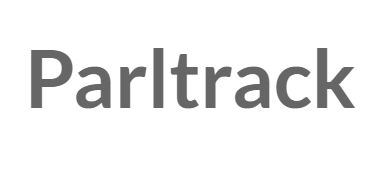
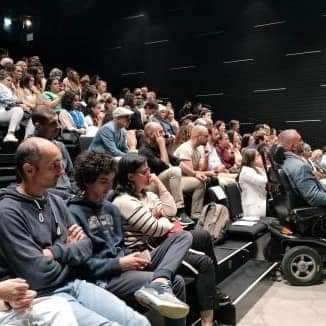
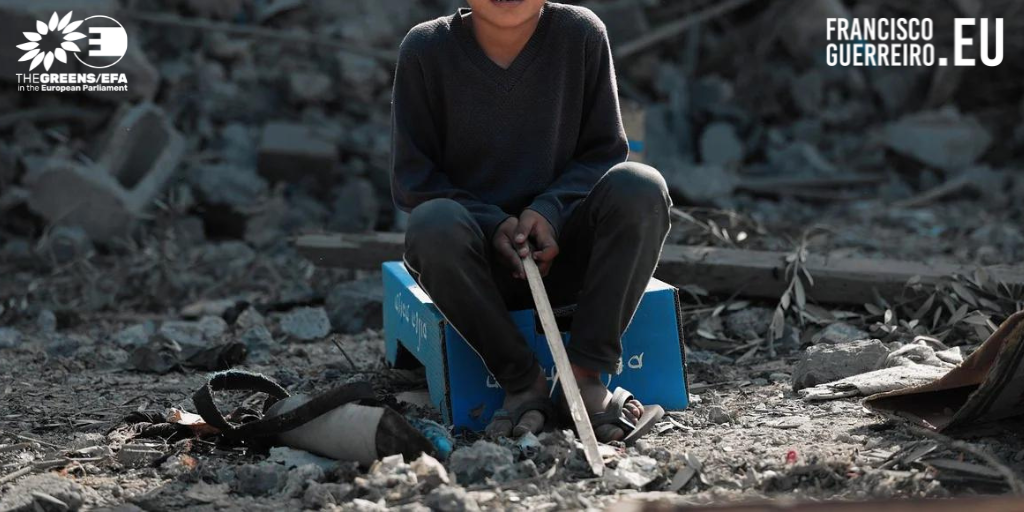
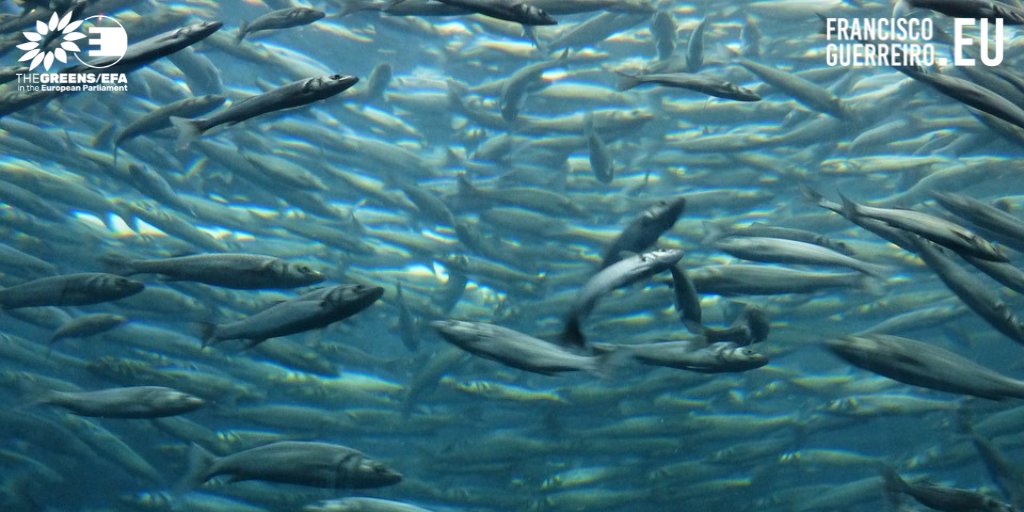

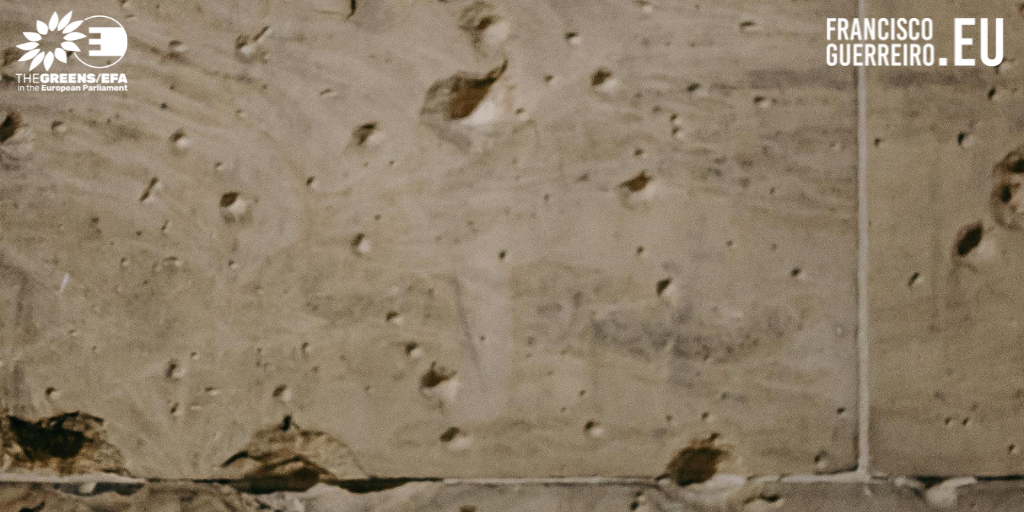
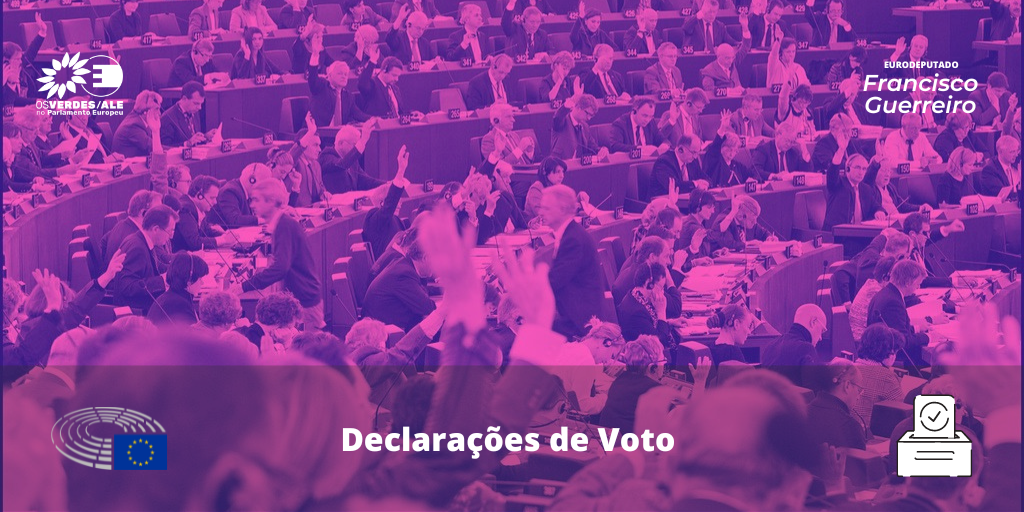
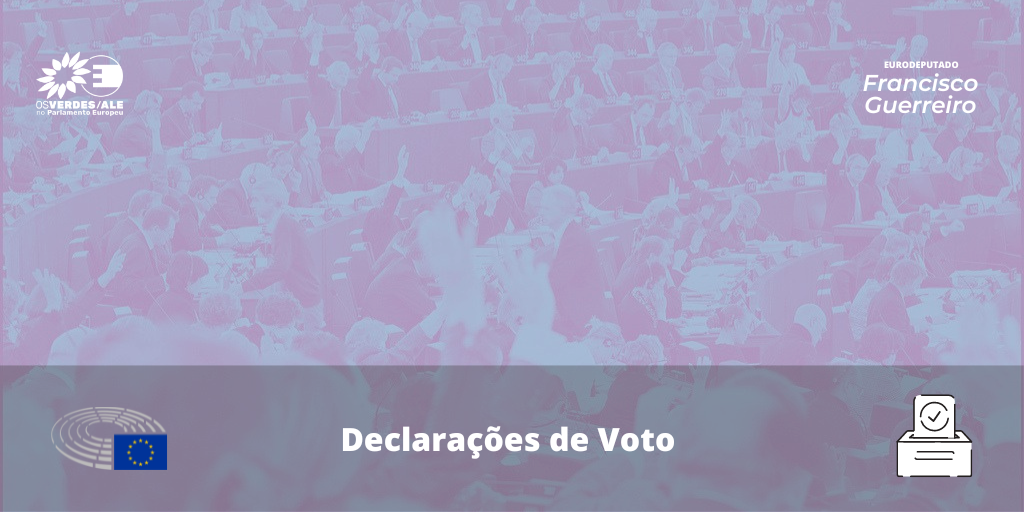
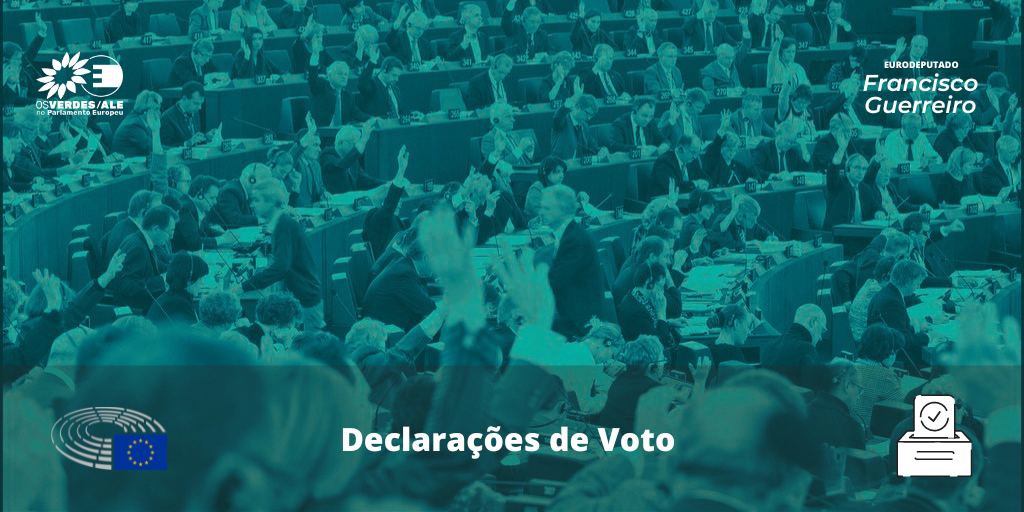
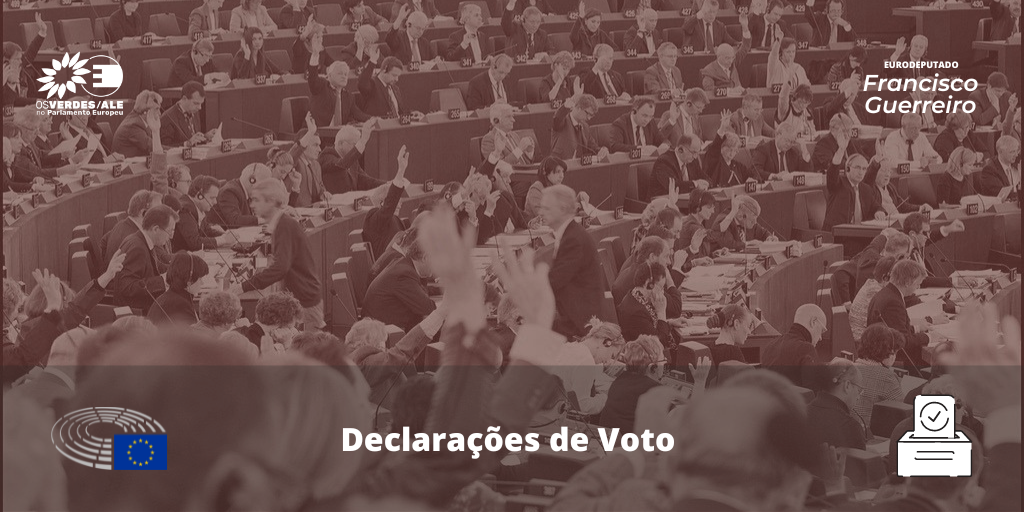
ParlTrack - Francisco Guerreiro considered one of the most productive MEPs
Monday, 01 July 2024
The analytical website ParlTrack has recorded all the parliamentary actions of MEPs during the 2019-2024 term, considering Francisco Guerreiro one of the most productive.READ MORE